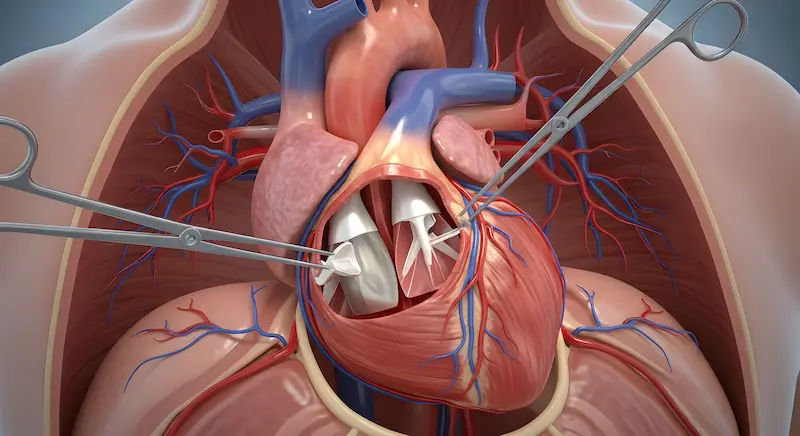- male
- 60 Years
- 20/02/2025
I've been having some pain in my left arm and numbness in my chest today, and my ECG results say there's a suspected inferior infarction. I'm really worried about what this means. Is this something that can be reversed or cured? And what kind of treatment would I need for this?
Answered by 1 Apollo Doctors
Inferior infarction refers to a heart attack that affects the inferior wall of the heart. It is a serious condition that requires prompt medical attention. Treatment for inferior infarction typically involves medications to reduce the workload on the heart and prevent further complications. Common medications used in the treatment of heart attacks include: - Aspirin 325mg to reduce blood clotting - Clopidogrel 75mg to prevent blood clots - Nitroglycerin to improve blood flow to the heart - Beta-blockers like Metoprolol to reduce the workload on the heart - ACE inhibitors like Lisinopril to improve heart function - Statins like Atorvastatin to lower cholesterol levels It is important to follow your doctor's recommendations for treatment and lifestyle changes to manage and prevent future heart issues.
Dr. Ibrahim Suggests...
Consult a Cardiologist
Answered 04/07/2025
0
0

More Cardiology Health Queries
View allI'm really worried about my blood pressure, which is at 8065. I feel so weak and am considered underweight, weighing only 39.2 kg at a height of 5'3". I'm currently taking Health OK multivitamins to help with my low blood pressure, but I'm anxious if these numbers will ever get to normal. Do you think I'll be able to achieve a normal heart rate, or is this something I'll have to deal with forever? I'm only 20, so this has me pretty concerned.
Low blood pressure can be concerning, especially if it is causing symptoms like weakness. In your case, being underweight may also contribute to low blood pressure. To help increase your blood pressure and improve your symptoms, you can try increasing your salt and fluid intake, wearing compression stockings, and eating frequent small meals. To address your anxiety and support your heart rate, you can consider taking a beta-blocker medication like Metoprolol. The usual starting dose for Metoprolol is 25mg once daily, which can be adjusted as needed under medical supervision. It's important to continue monitoring your blood pressure and heart rate regularly, and make lifestyle changes to support your overall health. If you have persistent concerns or symptoms, it's advisable to consult a healthcare professional for further evaluation and management.
Answered by 1 Apollo Doctors
my dad has two blocked arteries and also needs a heart valve replacement can you tell me roughly how much a bypass surgery would cost for this in a decent affordable hospital and what the total expenses might add up to including everything
Heart bypass with valve replacement may cost ₹3–6 lakh in a decent Indian hospital; package includes ICU, surgery, and meds—govt hospitals may reduce cost.
Answered by 1 Apollo Doctors
I'm having these weird palpitations and transient jerks in my chest that last for a couple of seconds. They seem to happen randomly, and it's really unsettling because it feels like my heart stops during those moments. I exercise regularly and don't feel any chest pain, which is odd. My ECG, 2D ECHO, and HOLTER ECG came back normal, so now I'm left wondering. Could I have some kind of cardiac blockage? Are these jerks something I should worry about, like signs of a potential cardiac arrest or another serious heart issue? If it's none of those, what could possibly be causing these sensations?
Based on your normal ECG, 2D ECHO, and HOLTER ECG reports, it's unlikely that you have cardiac blockage or are at risk of cardiac arrest; the transient jerks and palpitations could be caused by benign conditions such as premature atrial contractions (PACs), premature ventricular contractions (PVCs), anxiety, stress, caffeine, or dehydration; to better understand the cause, consider consulting a cardiologist for further evaluation,
Answered by 1 Apollo Doctors
Disclaimer: Answers on Apollo 247 are not intended to replace your doctor advice. Always seek help of a professional doctor in case of an medical emergency or ailment.
.webp)



